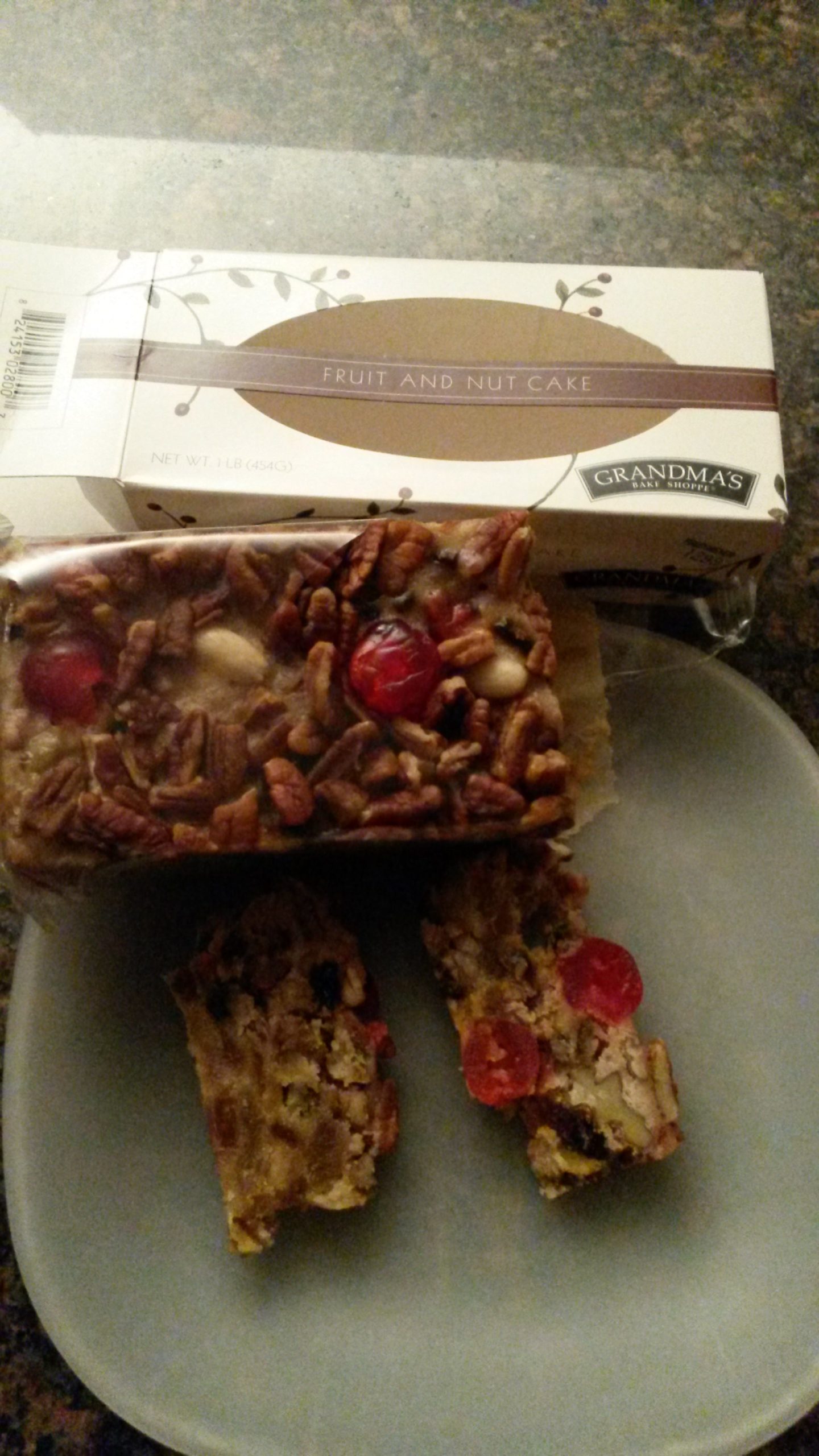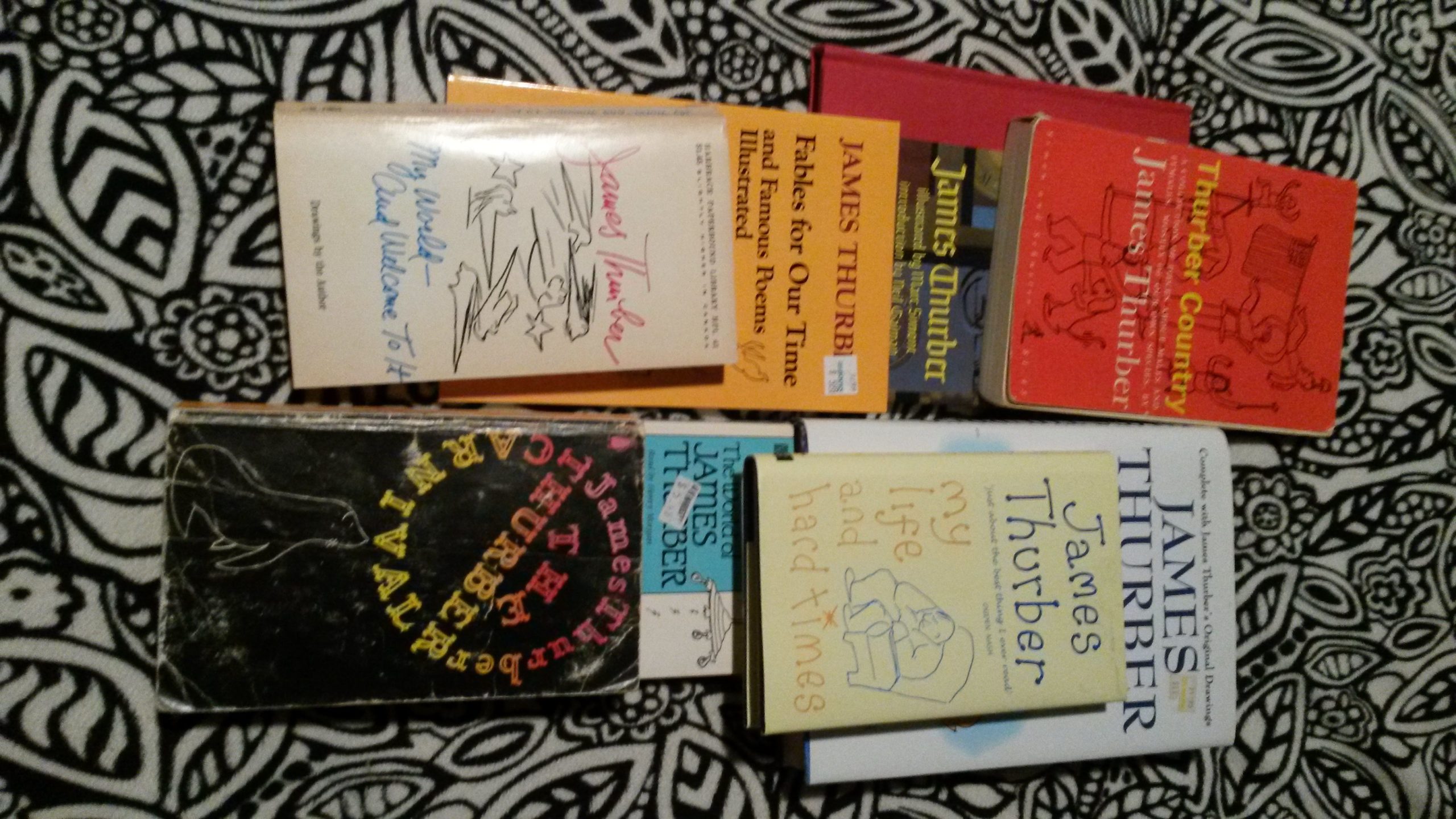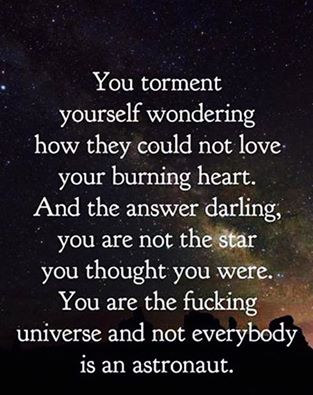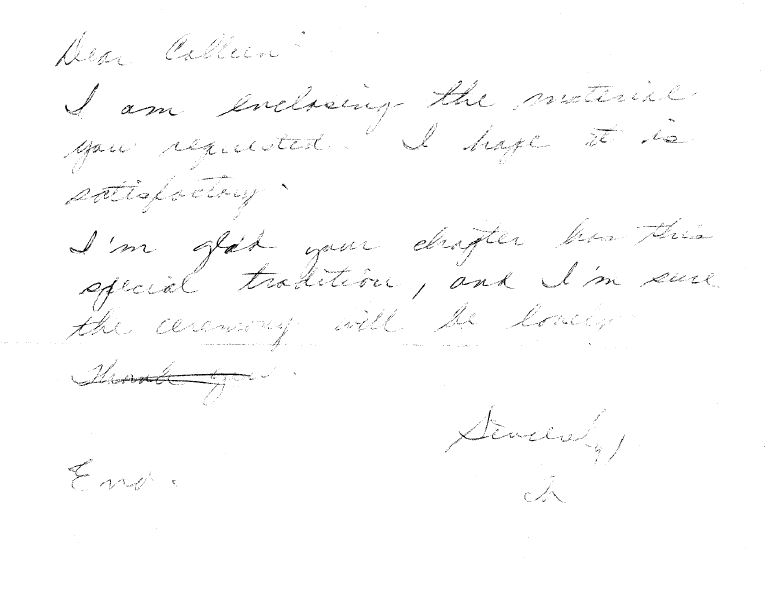Here’s a Christmas memory, rediscovered this weekend at Fred Meyer.
Grandma’s fruit and nut cake. Made by one of the bakeries my dad used to be in charge of, in Beatrice, NE. I’ve been there a time or two in my childhood, when Dad would take us along on business trips.
Dad and I were the only two in the family who liked the fruitcake. He’d always get one at the holidays. He’d pack two of the little pre-wrapped slices in my school lunch.
 Being the VP of production, he had explained to me how high the quality was, how a lot of commercial fruitcake was made with cheaper ingredients, or skimped on the expensive ones like the fruit and nuts – and thus were dry or tasteless.
Being the VP of production, he had explained to me how high the quality was, how a lot of commercial fruitcake was made with cheaper ingredients, or skimped on the expensive ones like the fruit and nuts – and thus were dry or tasteless.
This one is moist, chock full of nuts and candied fruit and a hint of booze. It actually falls apart because there isn’t that much flour holding it all together. The candied cherries were always my favorite, and I knew my dad was right because every single slice ALWAYS has a cherry in it. I can’t remember ever in my life getting a slice that didn’t contain a piece of bright red cherry.
In 2000, we had moved from Texas, which was within a days’ driving distance of Dad, clear out to Oregon. And Dad had been diagnosed with cancer. Husband and I both had new jobs and not much vacation time, so we stayed in Oregon that Christmas, in our rented house.
On the phone with Dad late that year, we must have been talking about the fruitcake and I said how much I missed it. Dad said he’d get one for me. (This was long before e-commerce caught on, and you could just order one online.)
But I didn’t get my fruitcake. Dad died just a couple of months after Christmas, at the beginning of March. It was one of the few times I could remember him letting me down, but of course he was fighting cancer – I couldn’t expect him to care about a fruitcake for me.
When Dad died, my husband and I were staying in his room, as Dad had been moved to a hospital bed in the living room. I took the opportunity to go through his things, his closet and dresser drawers: retrieving such items as the “Czech Hockey” sweatshirt my husband had given him (which I still wear to hockey games); the pajama pants I had sewn for him ages ago, which I then wore until they were threadbare; the “Maid Rite” tee shirt that we had gotten him; the sweater I had knitted for him, at his request.
One thing I didn’t find was a Sacajawea dollar. Dad had really liked those coins, and he had sent one to me. I used to carry it with my pocket change, along with a small piece of CFM hardware my husband had given me from when we first met, and occasionally a small ingot that had come from my grandfather’s job at a foundry — although that talisman was a little heavy to carry every day.
One day at work, I had dropped a handful of change, and the Sacajawea dollar my dad had given me had rolled far, far under a vending machine where I couldn’t retrieve it. (Side note: a couple of my co-workers, mechanical engineers on the maintenance side of things, spent weeks figuring out how to get it back for me. Eventually they managed it by using a pallet jack to lift up the entire machine. Thanks Steve and Brett.)
Three months later, in June, Mom died. Once again, most of us were staying in Dad’s house, and my oldest brother decided to clean out the chest freezer in the basement. He came back upstairs headed for the garbage can, laughing about the fruitcake he’d found in there.
I don’t remember exactly what I did: I think I shouted and ran for the kitchen, to rescue MY FRUITCAKE THAT MY DAD HAD GOTTEN FOR ME AFTER ALL.
Also, once again, while staying in his room, I went through my Dad’s stuff — more out of not knowing what else to do than anything. I had been pretty thorough the first time, two months earlier, of course not knowing I’d be back so soon: but this time, I found a bank envelope in a top dresser drawer. To this day I would swear that envelope hadn’t been in that drawer two months before.
AND IT WAS FULL OF SACAJAWEA DOLLARS.
Not just one; over a DOZEN, probably 20. (Well maybe 19, after he had sent me the one.) It was like Dad had given me a whole envelope full of them, so I’d never, ever run out.
Along with these two occurrences, there was a third thing that happened, along these same lines. I can no longer remember exactly what it was, nor what order the three things happened in. But there was a third thing that happened or turned up, a third thing that would not have meant anything to anyone else except my father and me. I was the only one who would understand those specific things, their significance. And in my memory at least, these three things also all happened within like 30 minutes: boom, Boom, BOOM.
I felt like the first one was a coincidence; the second was a little freaky. But when the third thing happened, it left no room for doubt in my mind, and it made me feel like my Dad hadn’t left me completely alone just yet.
Maybe Dad couldn’t save me from The Susan Incident, could no longer hold anyone to account for how they treated me. But he was sending me a message, that he wasn’t completely gone, and he still loved me.
It comforted me to think so.
And foolishly, whenever that third thing happened, I spontaneously spoke about those things, and how I interpreted them. As it happens, I spoke about it to Joe. (It was stupid on my part, but back then I didn’t understand everything the way I understand it now.)
And what did my formerly favorite brother do? He took that one small bit of comfort I had found, and he had to tear it down.
He said something mocking my experience, dismissing it as insignificant, something like, “You do realize that all those things happened months ago, and those things are just coincidences?”
What. An. Ass.
What kind of person says something like that to someone who is grieving, and has just found a bit of relief?
One who is completely lacking in empathy. An angry person. A hateful, hurtful person. A person looking to crush another person’s hope.
A person who is out to deliberately cause that other person pain.
Also, probably, an unhealthy, wounded person.
…if you empathize with your child, you want your child to be fulfilled in life, to be a happy person. And if you are an unhappy, unfulfilled person yourself, you are not going to want other people to be happier than you are. (George Lakoff)
I remember the first time I read this quote, I immediately thought of my mother. And she probably passed that way of thinking on to most of her kids.
I did understand that, with Mom’s death, they were all now grieving too. But even if you are grieving yourself, what kind of person would turn on an also-grieving little sister like that?
But this wasn’t an isolated thing. There was another incident, similar in shape to that. When I was in my first year of college, I was kind of excited to find that guys were interested in me, that I was noticed for something other than my brains. I had always been “the smart girl”; suddenly, on a campus where everyone was smart, I was also “pretty”. I had related a story of how a guy had stopped to hold a door open for me when I was much further away than politeness would have dictated.
Joe’s response was this:
“You may be one of the best-looking things on campus, but remember, there’s not a whole lot on campus.”
I still remember it word for painful word, 30 years later.
I was 18. He was 32.
(Incidentally, that is how old I was when our parents died. And I was supposed to hold it together, not “over-react” etc. When at that age he was being petty AF to me.)
Again, those words were meant to tear me down, to destroy my pleasure at something that made me happy. From a 30-something to an 18YO in her first year of college.
And I can see now that his own unhappiness, maybe because of jealousy, is probably the source of this deliberately mean behavior.
Recently I had a flash of insight: maybe they treat me the way that they do, react to me the way that they do, because they are jealous and angry that I UNFAIRLY managed to come out of this dysfunctional family relatively unscathed — it’s unfair, you see, if you are in the habit of thinking that I, my birth, my existence, is the root cause of all the dysfunction.
How dare I not be affected, when I’m the very thing that fucked everything up?
Sure, I had it better than they did.
I don’t deny it — but I also didn’t cause it.
Jealousy of a younger sibling probably isn’t wholly unusual, in itself. I have a dear friend whose FOO includes her and a brother of similar age, and a sister who is several years younger. Their FOO included a whole lot of dysfunction also: a molesting father who eventually committed suicide.
And my friend has told me how for a long time she was jealous of her little sister, for growing up with more money, in a nicer house. After several years though, she came to realize that that was just a fact of being born later: families usually become wealthier over time, and younger children often live in better financial situations than older children.
It certainly wasn’t anything to do with the sister herself, and my friend realized that to be jealous of her for it was inappropriate.
Similarly, if my siblings are angry and jealous of me for having had it “better”, emotionally as well as financially — what does that have to do with me? Fuck all, that’s what.
And to be angry or jealous of me for it is also entirely inappropriate.
(Also, there’s a few disadvantages that I’m sure they never thought about. Like that part where I was only 32 when our parents died. And none of my 30-something friends even knew what the hell to say to me, so they just didn’t say anything.
In contrast, while experiencing my husband’s double bereavement 2 years ago at the age of 49, I have seen practically everyone he knows offer sympathy, support, and their own similar experiences. So I am guessing that’s what my siblings got from their extended circle also — whereas I got nothing from mine, because I and my friends and co-workers were so much younger.)
If my friend can manage to come up with that on her own, after her own horrible childhood, I see no reason for my siblings to not be able to do so as well. They’re supposed to be smart people.
That is, if they were interested in improving the relationship with their little sister, as my friend was.
However there’s one other little problem with that idea, unique to our family, and that is — if you’re jealous of me for having had it so much better, then you will have to admit that The Divorce was A GOOD THING.
I’ve never denied that their experiences were horrible. I know — intellectually at least — that they were subject to years of manipulation, dysfunction, and they were so unhappy and depressed that suicide was in the cards for at least one of them.
Then there’s me, with my completely different (better) experiences. Too young to understand, too un-indoctrinated to be angry over the fact of The Divorce, and it all turned out OKAY FOR ME.
How unfair. How dare I. How dare I not go through the pain that they did, because I was only an infant. How dare I benefit from what my Dad did, once he understood what was really happening…
…Seventeen years later, the fruitcake I picked up at Fred Meyer this weekend tastes just like it always has. It’s chock full of nuts and a hint of booze, and has candied cherries in every slice.
Love you and miss you, Dad. Thanks for the fruitcake, and everything else.













